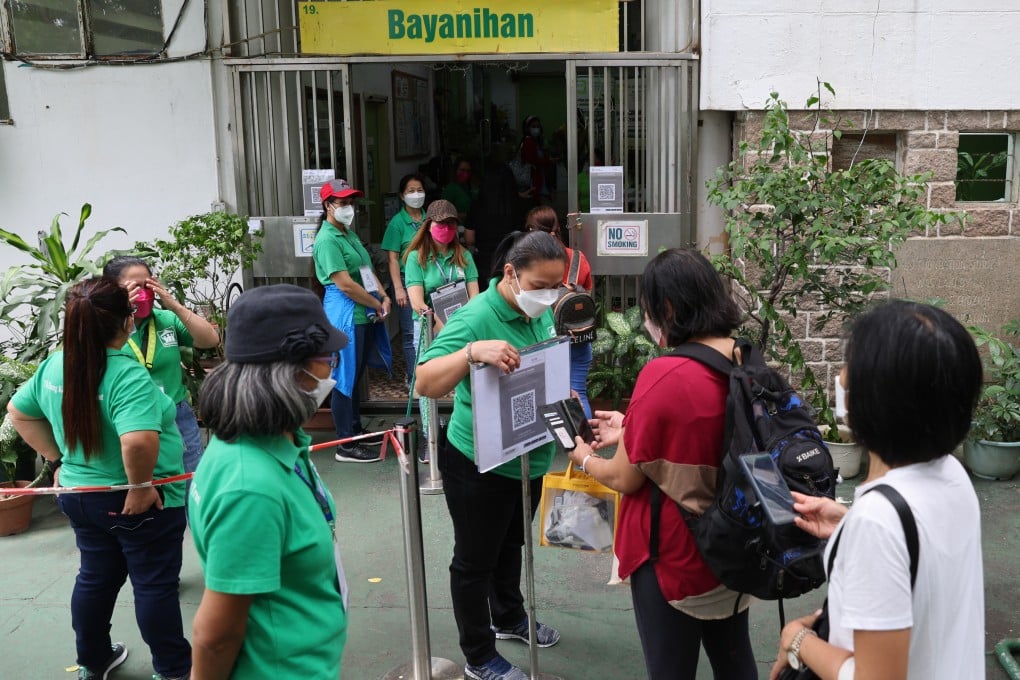Advertisement
Letters | Philippine and Hong Kong elections: what the numbers show
- Readers discuss voting in Hong Kong, the handling of Covid-positive travellers’ luggage, the closure of saunas, and the task facing John Lee.
Reading Time:3 minutes
Why you can trust SCMP
1

Feel strongly about these letters, or any other aspects of the news? Share your views by emailing us your Letter to the Editor at [email protected] or filling in this Google form. Submissions should not exceed 400 words, and must include your full name and address, plus a phone number for verification.
Up to 93,000 Filipinos in Hong Kong voted in the Philippine presidential election – a genuine, multiparty election. Meanwhile, Hong Kong just had its chief executive election where there was only one preapproved candidate and only 1,428 members of the exclusive Election Committee voted.
How ironic that Filipino domestic workers in Hong Kong have more political rights than the 7.4 million residents here in electing their leaders. On the other hand, by securing 99.2 per cent of the 1,428 votes cast, John Lee Ka-chiu has joined the elite company of some leaders who secured more than 99 per cent of the vote in their countries.
Advertisement
North Korea’s Kim Jong-un did even better by picking up 100 per cent of the vote in 2014. Iraq’s Saddam Hussein also won 100 per cent in a 2002 referendum on whether his decades-long rule would continue.
The late North Korean leader Kim Jong-il fared almost as well as his son in 2009, with 99.9 per cent of the vote. Raul Castro earned 99.4 per cent in the 2008 Cuban elections. Turkmenistan’s Saparmurat Niyazov in 1992 and Chechnya’s United Russian Party in 2011 both secured 99.5 per cent.
Advertisement
Tom Yam, Lantau
Advertisement
Select Voice
Select Speed
1.00x